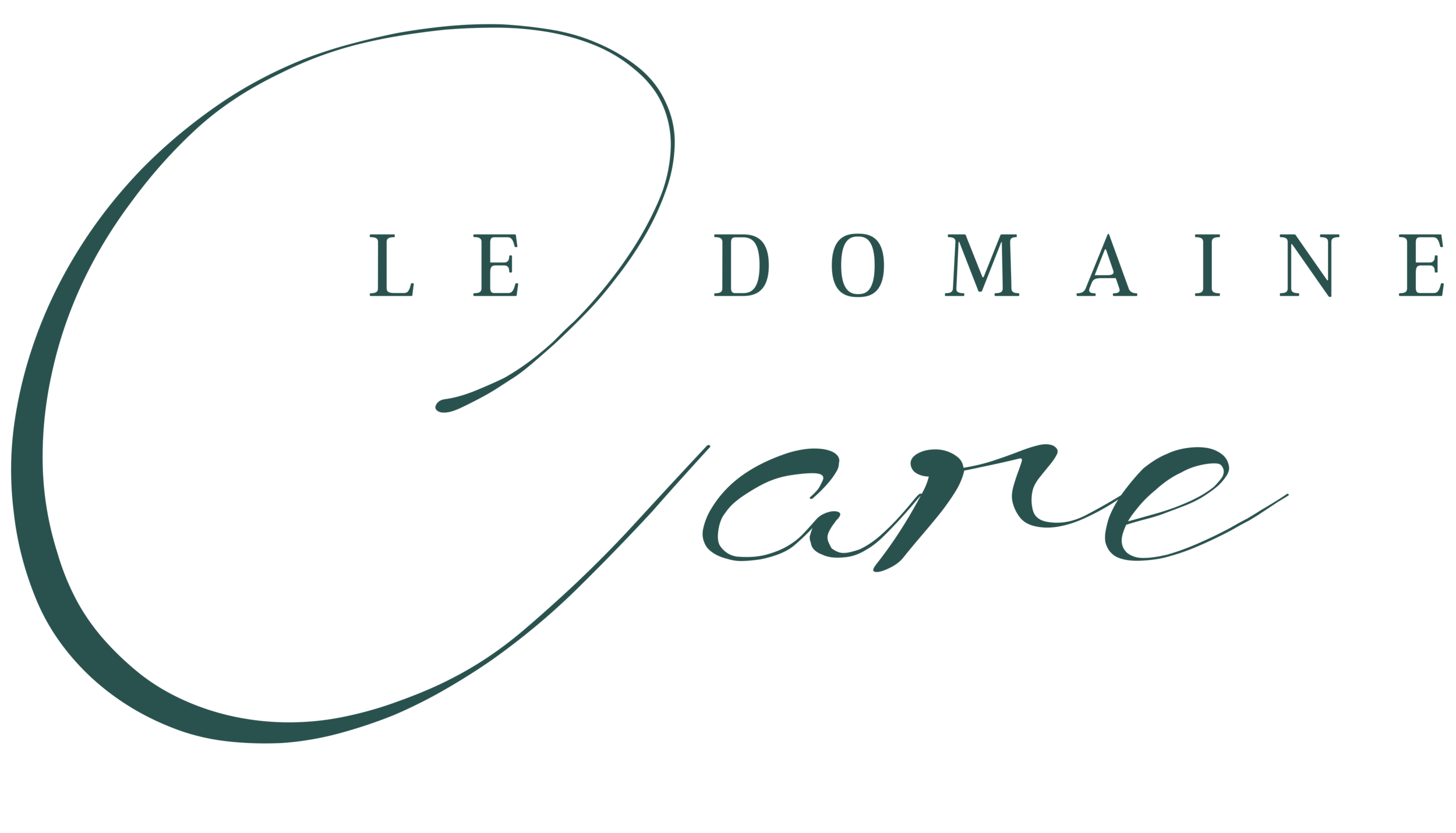Easing the Strain of Dementia with Le Domaine Care
Misplacing your house keys or forgetting why you walked into a room are perfectly natural signs of forgetfulness linked to ageing. However, with dementia affecting one in twenty people over the age of 65 and one in five people over the age of 80, many people begin worrying that their forgetfulness may be linked to something more sinister. Fortunately, dementia and age-related memory loss can be told apart in several ways. Some of the key signs to look out for in dementia are forgetting recent events, personality changes, and an inability to complete everyday tasks due to increased confusion and reduced concentration.
Dementia is a term used for a group of symptoms that occur when the brain is damaged by diseases such as Alzheimer’s disease or other diseases of the blood vessels that can lead to stroke. These diseases have the potential to cause a major decline in a person’s cognitive function which involves our capacity for things like thinking, memory and reasoning.
Generally, if you are concerned about your memory but your family aren’t, there shouldn’t be anything for you to worry about. For a doctor to diagnose dementia, a person’s symptoms must have become bad enough to drastically affect their daily life and not simply cause them the occasional minor irritation. This means, you should only start becoming concerned about the possibility of dementia if you are experiencing new problems with everyday activities around the house, in your community or at work. Some of the most common signs of dementia to look out for are:
1. Short-term memory function and learning:
Struggling to recall information regarding recent conversations and occurrences, forgetting family members’ names or placing objects in unusual places, such as putting your cell phone in the fridge.
2. Organisation, decision-making and problem-solving:
Having major difficulty concentrating or frequently making bad decisions when dealing with money or assessing risks.
3. Orientation:
Losing track of the date, time and season or feeling lost in a familiar place.
4. Mood and behaviour:
Withdrawing oneself from interacting with others, or becoming unusually sad, anxious or self-conscious.
(Please note this list is not to be used as a diagnostic tool)
It is said for every person affected with dementia another five people’s lives are impacted as it relates to care and support. Le Domaine Care helps to ease the strain of dementia by providing world class health facilities, equipment and scenic surroundings that become a place of peace, rest and security for our residents. It is our highest priority to ensure that our residents are given the best mental, physical and emotional support and stimulation, a goal that is met continuously by our team of highly skilled and registered nurses on duty 24/7.
Each of our rooms are beautifully furnished and have en-suite bathrooms. For monitoring and ensuring the safety of your loved ones, our frail care rooms are also fitted with cameras. We encourage friends and family to spend time with their loved ones after their move to their new home, and even have Lodge rooms available for those travelling from afar. This is our way of offering families a new lease on life by not only ensuring the best care for their loved ones, but for themselves too.


